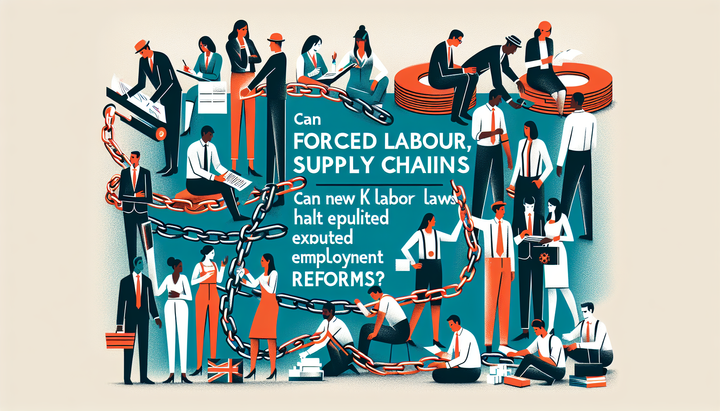Eurostar Rated Worst-Performing Rail Service in Europe by T&E

Eurostar's Performance Criticized in Transport and Environment Report
Transport and Environment (T&E), a renowned campaign group, has recently released a report rating the performance of 27 European rail operators. This report has spotlighted Eurostar as the least efficient rail service in Europe, while Germany's Deutsche Bahn was also criticized for being one of the least reliable providers. The findings were based on a variety of factors including ticket prices, punctuality, and refund policies.
The report revealed that only 11 operators maintained punctuality above 80%, a key performance indicator for passengers. Eurostar, along with other underperforming services such as Greece’s Hellenic Train and France’s Ouigo, faced significant criticism.
Eurostar's Pricing and Competition Dynamics
In particular, Eurostar's ticket pricing strategy was a focal point of the critique. The service reportedly charges almost twice the European average per kilometer, putting a significant financial burden on travelers, especially families. Despite offering routes like London to Paris and Brussels, Eurostar's high costs make rail travel less attractive compared to cheaper flights and the reliability of car travel.
The competition provided by other rail operators, including Italy’s Trenitalia, which topped T&E's ranking with a 7.7 out of 10 score, showcases the disparities in service and pricing strategies across European borders. Switzerland's SBB and the Czech Republic’s RegioJet also ranked favorably due to their strong performance metrics which blend quality service with competitive pricing.
Reactions and Responses from Eurostar and Other Rail Companies
Eurostar has disputed T&E's findings, arguing improvements to its booking system and the introduction of discounted last-minute fares since the data's collection. However, reacting to the critique, there remains a clear demand for broader improvements in cost structure and service reliability.
Conversely, Deutsche Bahn's lack of commentary further emphasizes the widespread industry reluctance to directly acknowledge these performance issues. The silence suggests potential internal strategies being considered to address these criticisms without public commitment.
The Broader Implications of Rail Performance in Europe
The outcomes of the T&E report highlight a larger issue concerning the development and support of rail transport within Europe. Despite trains emitting less greenhouse gas compared to planes and cars, their competitive disadvantage often pushes consumers away due to cost and reliability concerns. This duration gap against more eco-averse transit forms requires attention, promoting a rethink of government and industry strategies to bolster rail transport attractiveness.
Victor Thévenet from T&E noted that many commuters and holiday-goers prefer train travel but are deterred by high costs and unreliability. Optimizing pricing strategies and enhancing infrastructure reliability are key steps towards revitalizing Europe's rail travel appeal. Moreover, enhanced government involvement could also stratify these efforts to realize more tangible results.



Comments ()